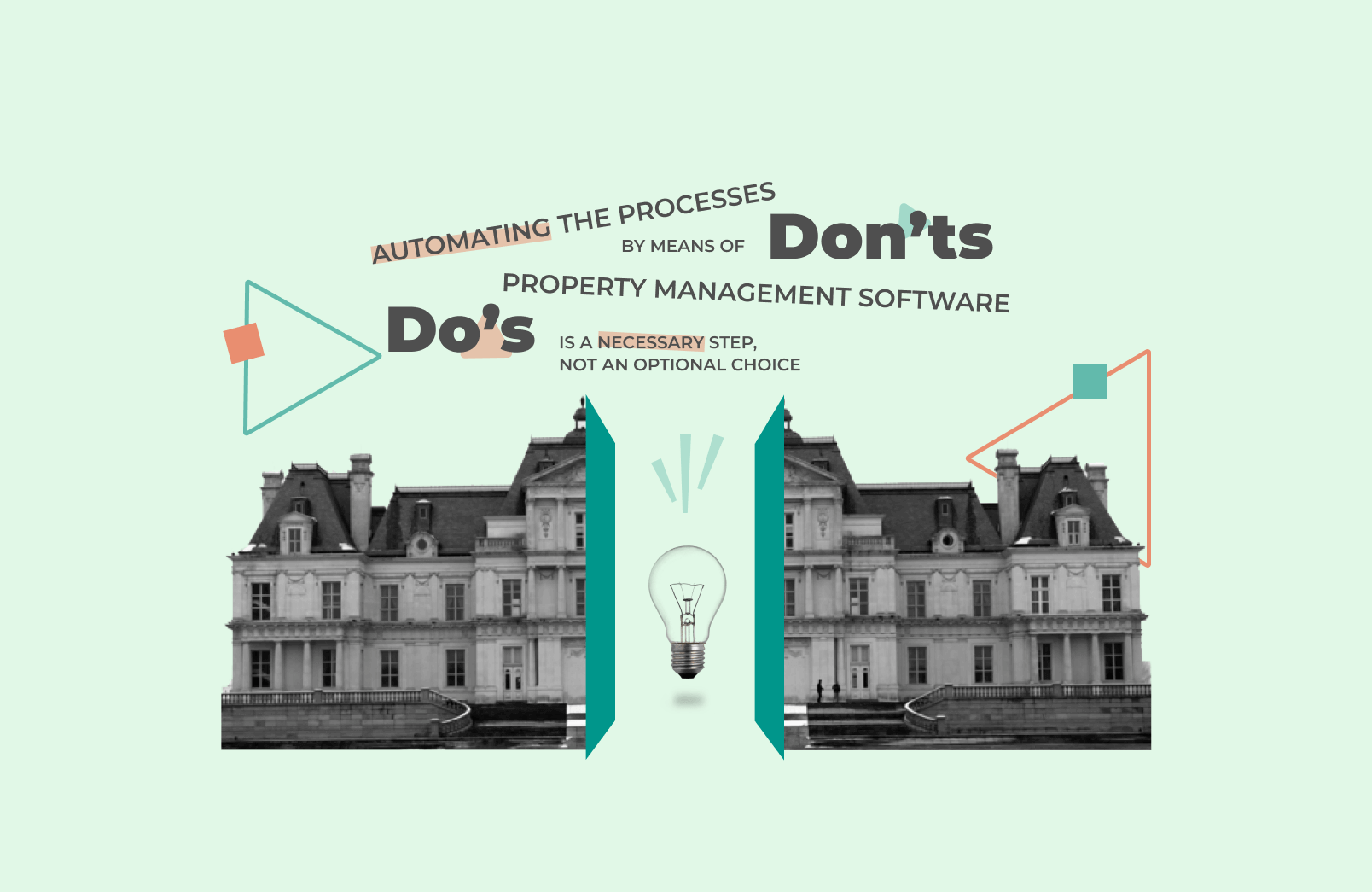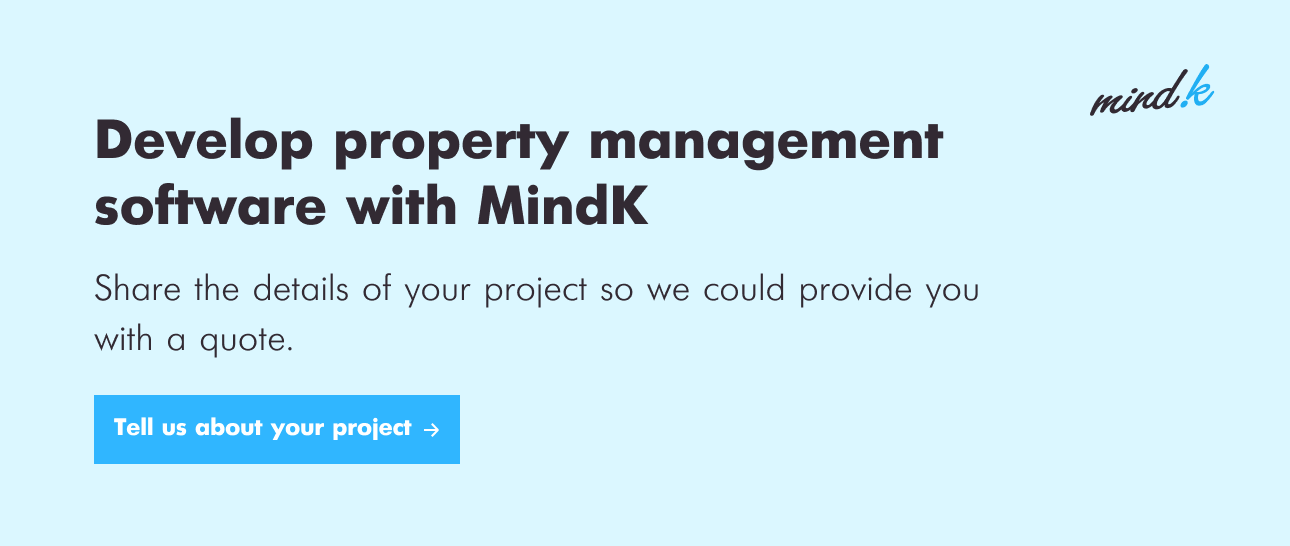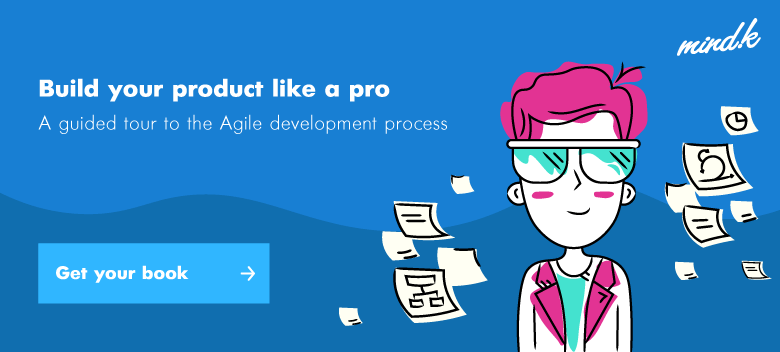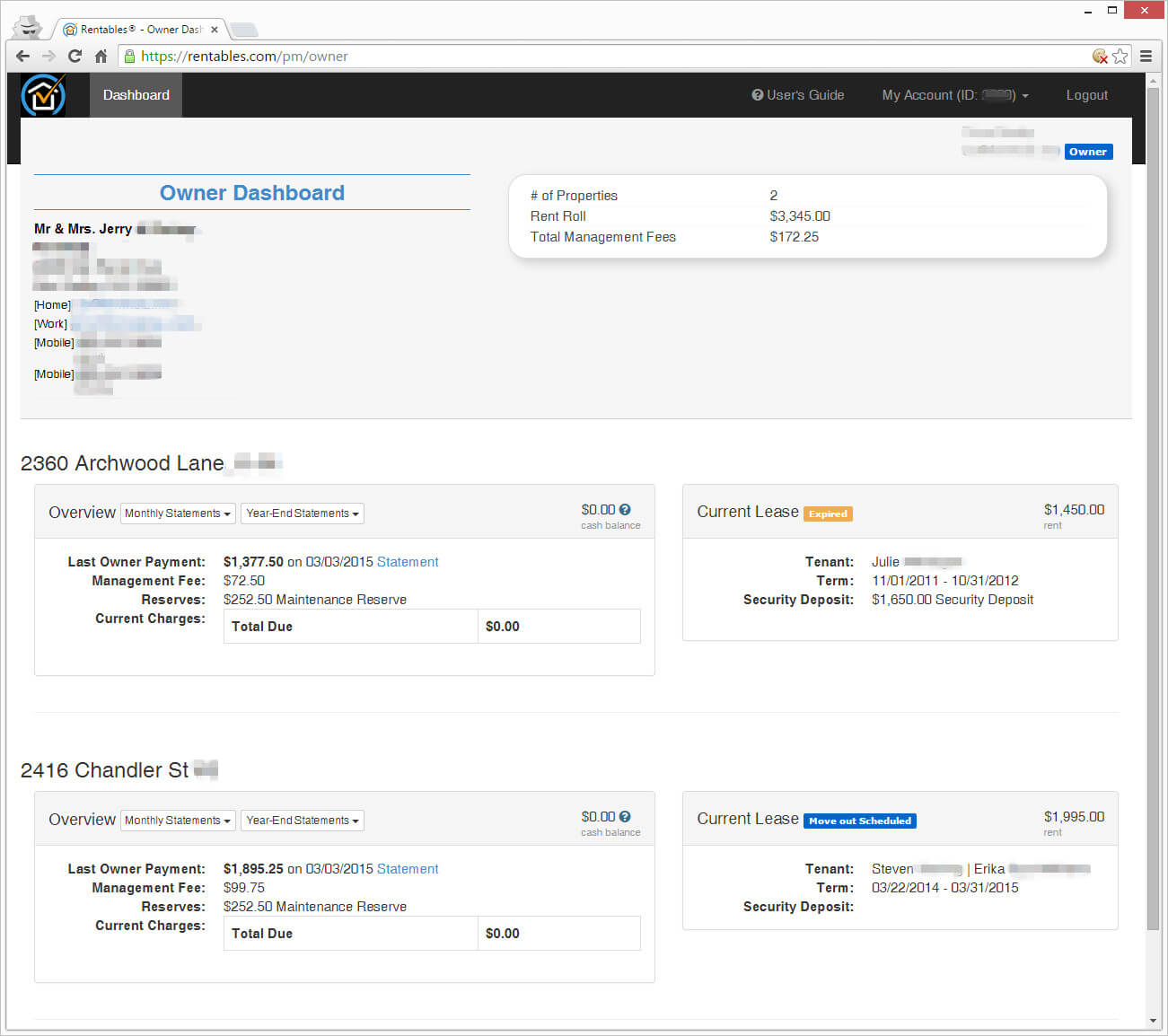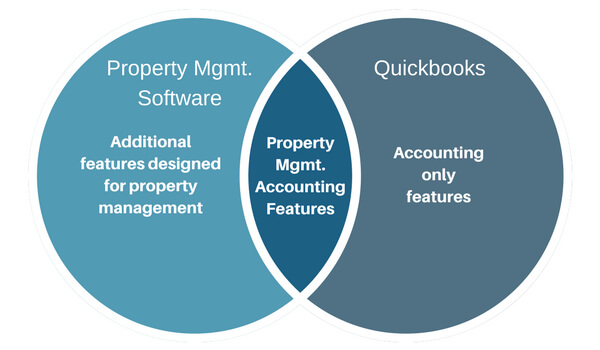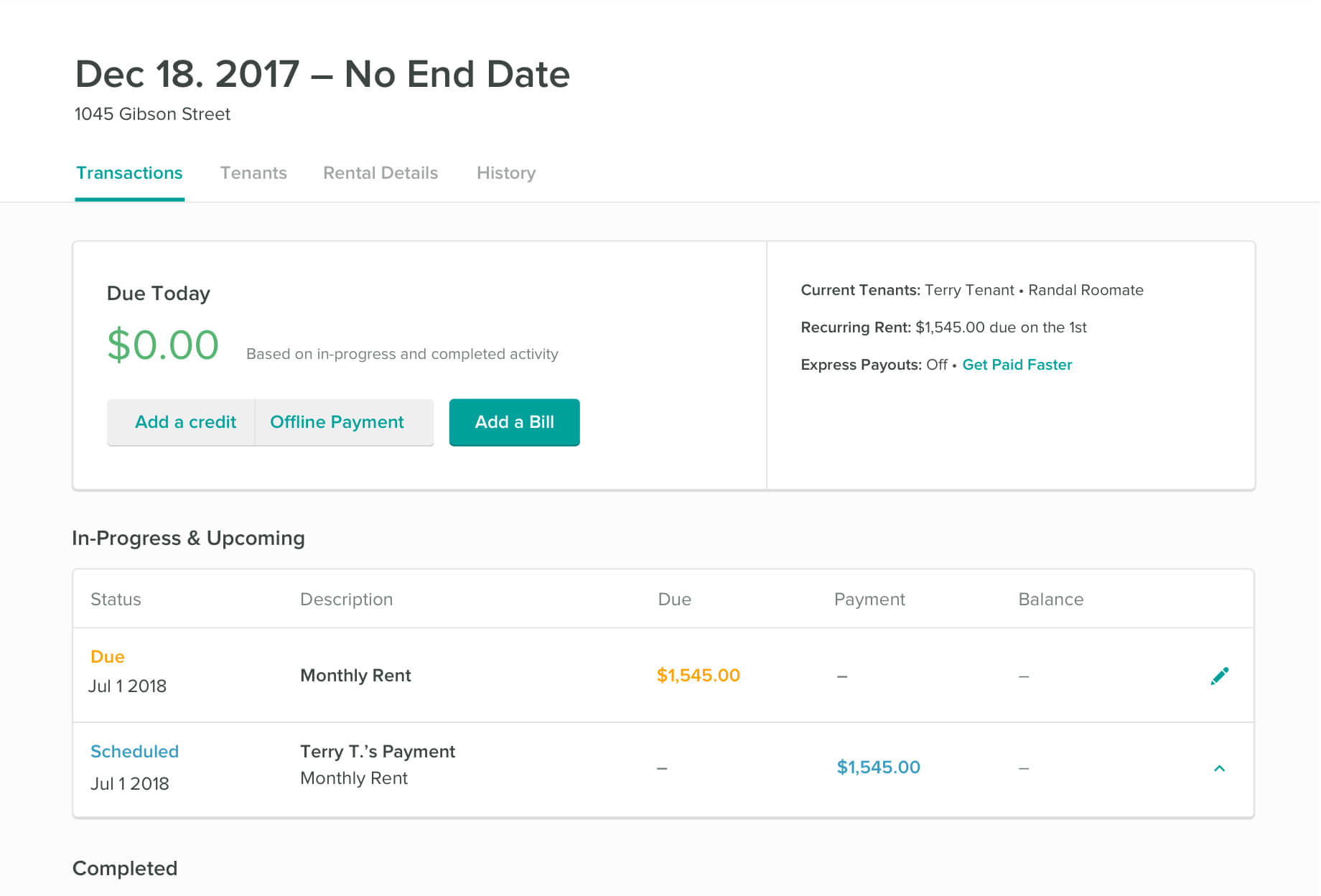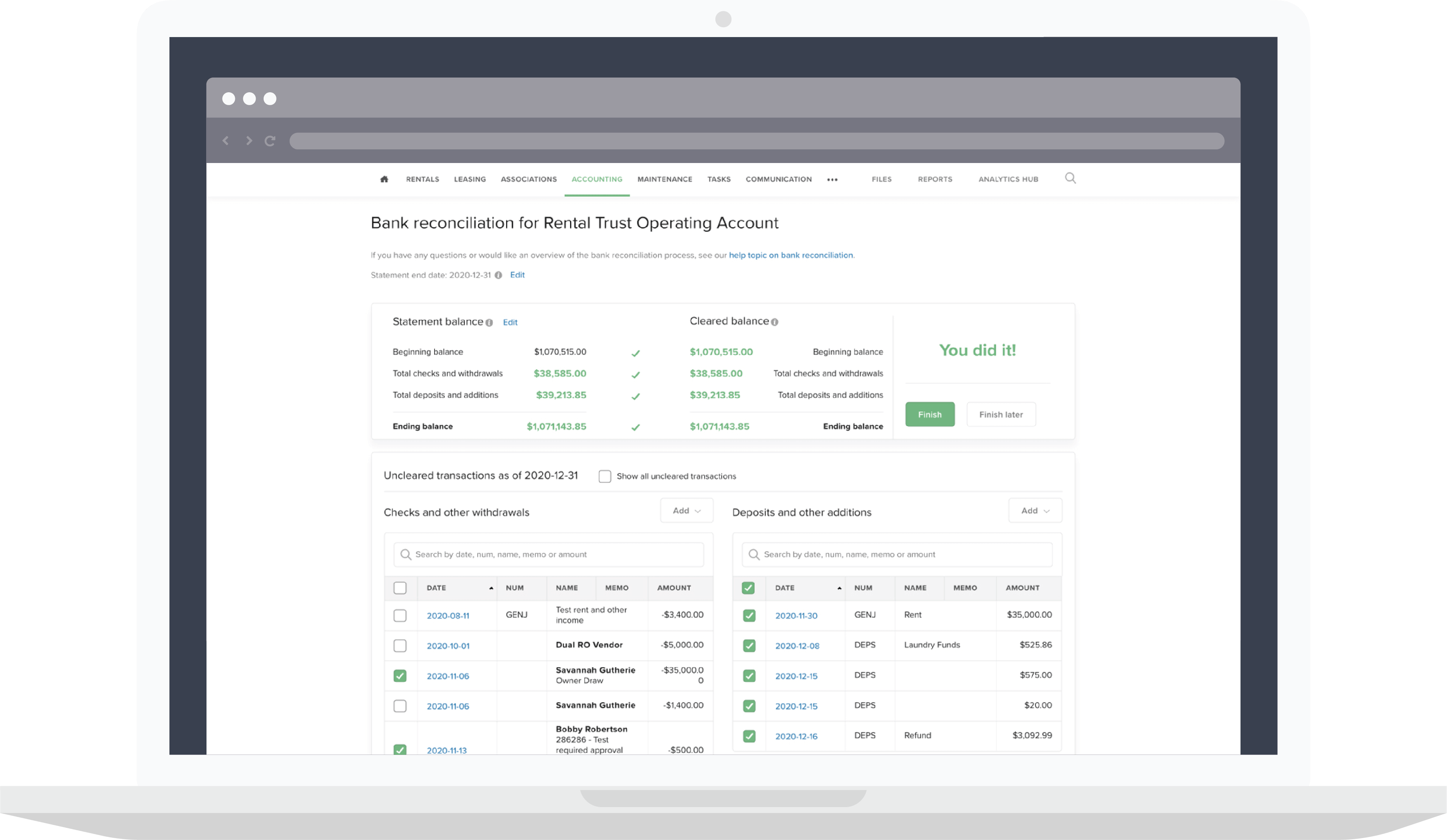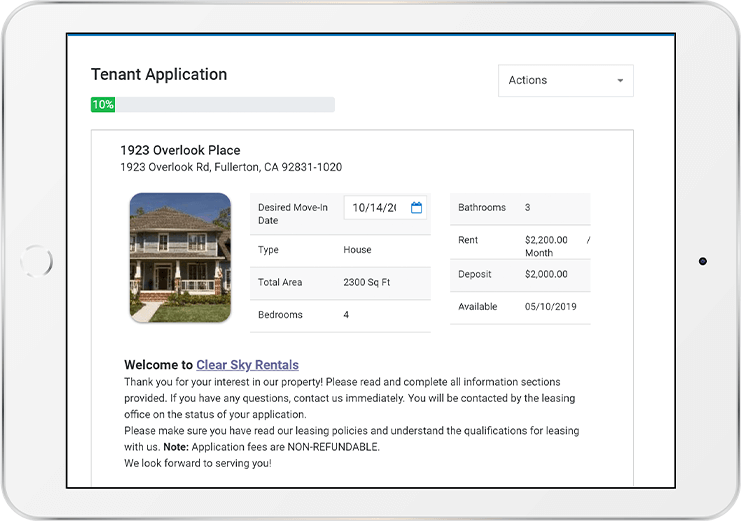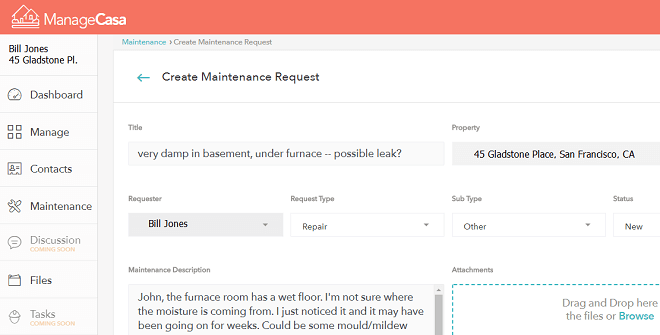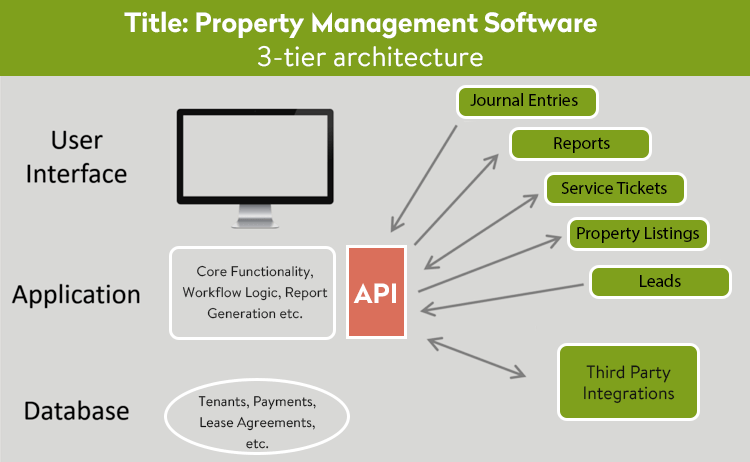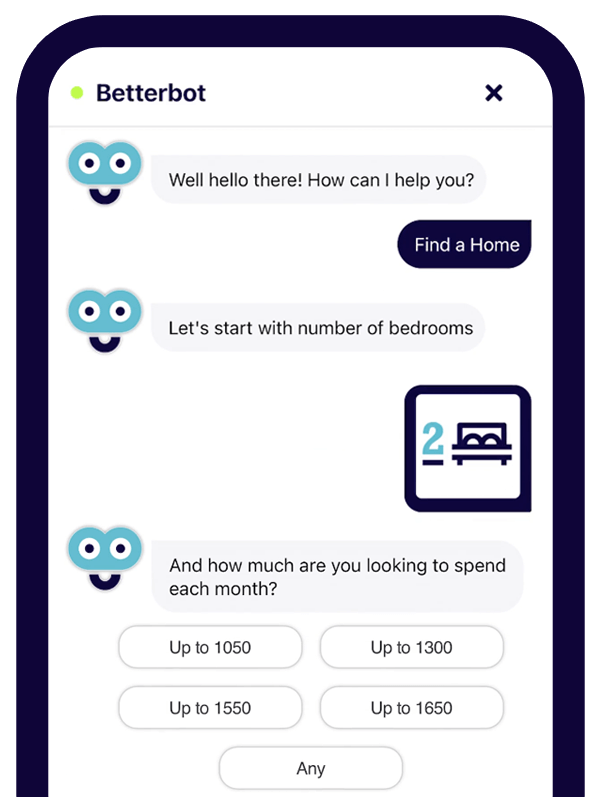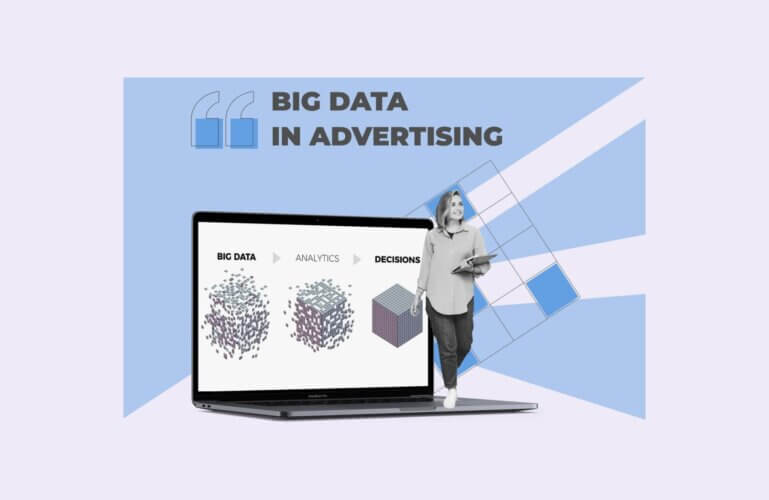A lion’s share of a property manager’s time refers to administrative tasks. It means that rental professionals are forced to spend time on unprofitable routines instead of focusing on more dynamic activities like customer satisfaction, increasing revenue, and similar.
More than a third of property managers admit that a heap of manual processes is a key factor preventing their company’s growth. In this light, automating the processes by means of property management software seems like a necessary step, not an optional choice.
Property management software (PMS) is focused on replacing time-consuming spreadsheets and manual processes like booking reservations, KPI reporting, billing, and much more, making the property management process faster and more efficient.
However, how to build property management software that will do a power of good to your business right after the launch? Are there any hidden pitfalls to consider? We’ve prepared a comprehensive answer.
Based on MindK’s experience in developing custom solutions for real estate and other industries, we’ve singled out a set of actions that will ensure your development process runs smoothly and you receive the expected result.
Key principles to follow while developing your property management app
DO: Establish clear product expectations from the very start
Your end-users will have unique requirements. This is a fact. So, your primary goal is to provide a convenient solution to cover individual needs without spreading oneself too thin.
There are different types of property management programs, each of them with its own specifics. For example:
- Residential apartment management software mainly focuses on managing both long and short-term rentals . Usually, such systems enable signing lease agreements, receiving rent payments, tracking occupancies in real-time, and much more.
- Commercial property management software is aimed at office owners or retail buildings. It may seem that the processes are similar to residential management, however, there are additional workflows that need to be taken into account. For example, the landlord should also track extra payments, including property taxes, insurance, and maintenance fees. Commercial leases are much more complex compared to residential ones.
- Homeowners Associations (HOA) and condo property management tools are meant for managing multiple co-op, condo, and townhouses and support peculiar workflows.
- Hotel management systems help innkeepers streamline management in order to deliver extraordinary guest experiences with a focus on well-tuned bookings, check-in/check-out processes, and similar.
- Industrial property administration software takes into account the specificity of managing logistic facilities, warehouses, and industrial properties.
Considering the above, the first brick in the foundation of your future product success is setting up the major objective (also called a product vision) of your future rental property management app.
The biggest edge of a custom solution is its user-centric nature, which is exactly what the majority of out-of-the-box property management software programs lack. Most of them are produced for the mass market and include a large number of features to satisfy the needs of as many property managers as possible.
Сonsequently, it turns out that most of the functionality of a ready-made system is useless or cannot cover unique process flows. That’s where a custom property management platform can bring significant business value right from the start.
DON’T: go all out on developing a feature-rich solution from day one
In the modern unstable world, speed and agility have become the key parameters in any business. Those who can be flexible and adapt to changes, take the lead. That’s why instead of planning the product development from start to finish, it’s better to develop the solution iteratively, step by step. This approach to software development is called Agile.
Agile methodology presupposes building a Minimum Viable Product first. MVP is a basic version of a product with enough features to satisfy end users and collect maximum data about their opinions.
This way, you build the product and prioritize features in accordance with their value to the clients, not your assumptions. It reduces the risk of marketing a product that doesn’t fit the needs of your end-users.
In view of this, analyze the list of features for your rental management application and single out the major functionality that will serve as the bone structure for your future solution.
At MindK, we apply Agile principles to most of our projects and see it as the most suitable approach to developing software products in the present-day world. For those who want to find more about the Agile development process, we created a quick-starter guide that will give founders and executives an overview of this iterative methodology in under an hour.

DO: Create a strong set of property management software features
Property management applications, regardless of type, push the boundaries of the common management processes.
The right software allows completing the whole set of property managing aspects that include operations, accounting, leasing, and management in one single place. In view of this, let’s talk about basic functionality for each of these operations.
Business operations functionality
The operations functionality covers everything that helps managers automate workflows and run the business more effectively. For example:
- Owner/landlord/manager dashboard helps to easily navigate and control all reservations, prices, property statuses. It allows changing reservations, tracking all check-ins, customizing room details, keeping an eye on payments, and much more.
The owner dashboard
Source: rentables.com
- Tenant portal will definitely reduce the number of phone calls to your office. With a tenant portal, you give your clients an ability to view the status of their lease, rent amount, terms, security deposits, submit maintenance requests, manage rental agreements, be aware of payment changes and pay the fees online.
- Multi-calendar allows the manager to get a full picture of each reservation in one single place.
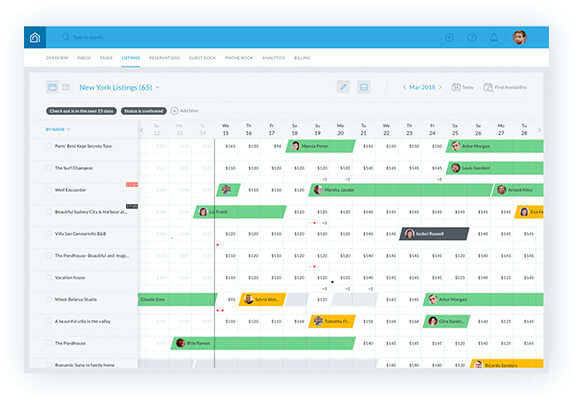
- Document-sharing allows uploading receipts, leases, and other important documents to be accessed anytime.
- In-app messaging helps streamline communication and enhance operational efficiency.
Accounting functionality
There are a number of systems like QuickBooks where you can maintain accounting records. However, a lot of real estate property management software has an in-build accounting module.
It allows landlords to get all the power of accounting functions together with specific property management features in one single place, without the need to switch between systems. It can also free you from setting up complex integrations with third-party accounting systems.
The accounting features may include:
- Online rent payments are a must-have feature that brings benefits for all parties involved in the renting process. They also enable managers to check the payment history without the need to request bank history.
Payment options at Cozy
- Receivables/payables tracking helps to control all the property expenses.
- Automatic bank reconciliation ensures your books are correct, quickly matches transactions, and allows producing balance sheets, cash-flow statements, and income statements within a few clicks.
- Accounting reports involve balance sheets, income statements, rental owner statements.
Automatic reconciliations of bank statements by Buildium
Leasing and management functionality
Leasing and management are the core of the rental property management software, thus try to pay special attention to this functionality when creating a list of features. Your functionality will support your unique workflows, however, consider including:
- Online rental application, which makes collecting applicant information an easy task. Online applications help you streamline the application process, fill vacancies faster and reduce lost leads. Moreover, it adds a new level of convenience to your clients, thus enhancing customer satisfaction. You can implement the application dashboard to track statuses, screen and approve applicants.
Online application portal
Source: propertyware.com
- Maintenance request tracking, which is a big time saver both for tenants and landlords. It improves collaboration and helps resolve requests from tenants quickly.
Managing maintenance requests in ManageCasa
- Reporting and analytics enable users to generate inclusive complex reports and get a bird’s-eye view of your real estate business. It may be any reports that help you make metrics-driven decisions. To make them more human-friendly, add visuals with pie charts, graphs, and tables.

DON’T: forget about solution scalability for future
An ever-changing business environment requires constant updates of the real estate management platform as well as integrations with third-party systems. It is the nature of things. Even if you don’t plan it now, it doesn’t mean you won’t need these improvements in the near future.
To make a customized property management system and ensure its future scalability, we at MindK are sure that it is crucial to pay attention to the right software architecture at the planning stage.
In most cases, the architecture of property management and real estate software resembles a three-tier cake that involves:
- User interface including all the user-facing features you see in the browser. Users interact with the property management app through the User Interface (UI) layer.
- Application layer, that is a more complex part of the solution because it contains the logics of the system. It’s important to keep this layer separated from others, because the overall complexity level is reduced. If you need to customize the functionality of your solution or integrate with other systems’ API like real estate software, CRM, or others, you can do this without affecting the solution architecture.
- Database that stores the data about payments, tenants, lease agreements, and similar.
DO consider developing a cloud-based property management software
Cloud has long ago turned from a trendy notion to a conscious choice of many companies. COVID-19 pandemic even accelerated cloud adoption – 27% of leaders mentioned they increased cloud spendings due to the pandemic. There are objective reasons for that.
While earlier cloud computing was viewed mostly in terms of better infrastructure for innovations, faster time to market, and optimizing costs, today it is connected with high availability, lower cost for backup and disaster recoveries, flexible computing power, and more.
Above all that, the cloud proved to support remote workforces and hitch-free online collaboration for business continuity.
Cloud-based solutions made a big contribution to real estate business automation. Cloud-based systems allow accessing business data anywhere with an internet connection. On the contrary, desktop applications are downloaded and installed on the computer and can be only accessed from that single device.
One more advantage of cloud solutions is security. There is a huge amount of personal information involved in the process of renting a property meaning that the solutions should be secure enough to save this data. A professionally developed apartment property management software has multiple layers of safety measures like authentication protocols, user privileges, and data encryption.
If you don’t have a clear answer to the question of how Cloud differs from Software-as-a-Service (or simple SaaS), then check out our previous article on SaaS vs Cloud Services, where we explained this difference.
DON’T: ignore latest technology trends
If yesterday the emerging trends like Artificial Intelligence, business intelligence, Internet of Things (IoT), and Big Data seemed to be alien ideas to property managers, now these are must-haves that should be taken into account when it comes to effective property management.
Possibilities for artificial intelligence are huge, so we devoted a separate article to it where we discuss which processes can benefit from AI adoption in real estate.
Here are some important benefits business intelligence, analytics, and artificial intelligence can bring to the table:
- Improved customer engagement is gained from a much broader view of the market. For example, property managers can suggest more relevant property options to tenants if they know their past activities or preferences.
- Saved costs by reducing operational costs and making timely data-driven decisions. For example, AI helps managers and landlords track energy, water, and electricity consumption in their facilities. Ability to constantly track all utilities in real-time keeps managers aware of their business, see savings possibilities and help address unusual situations in a timely manner.
For example, Dexma solution allows optimization of the energy efficiency of properties and increases the wellness of tenants. The system builds default Artificial Intelligence models based on local holidays and weather data, especially heating and cooling degree days. This way, managers can track the consumption statistics and reach cost savings.
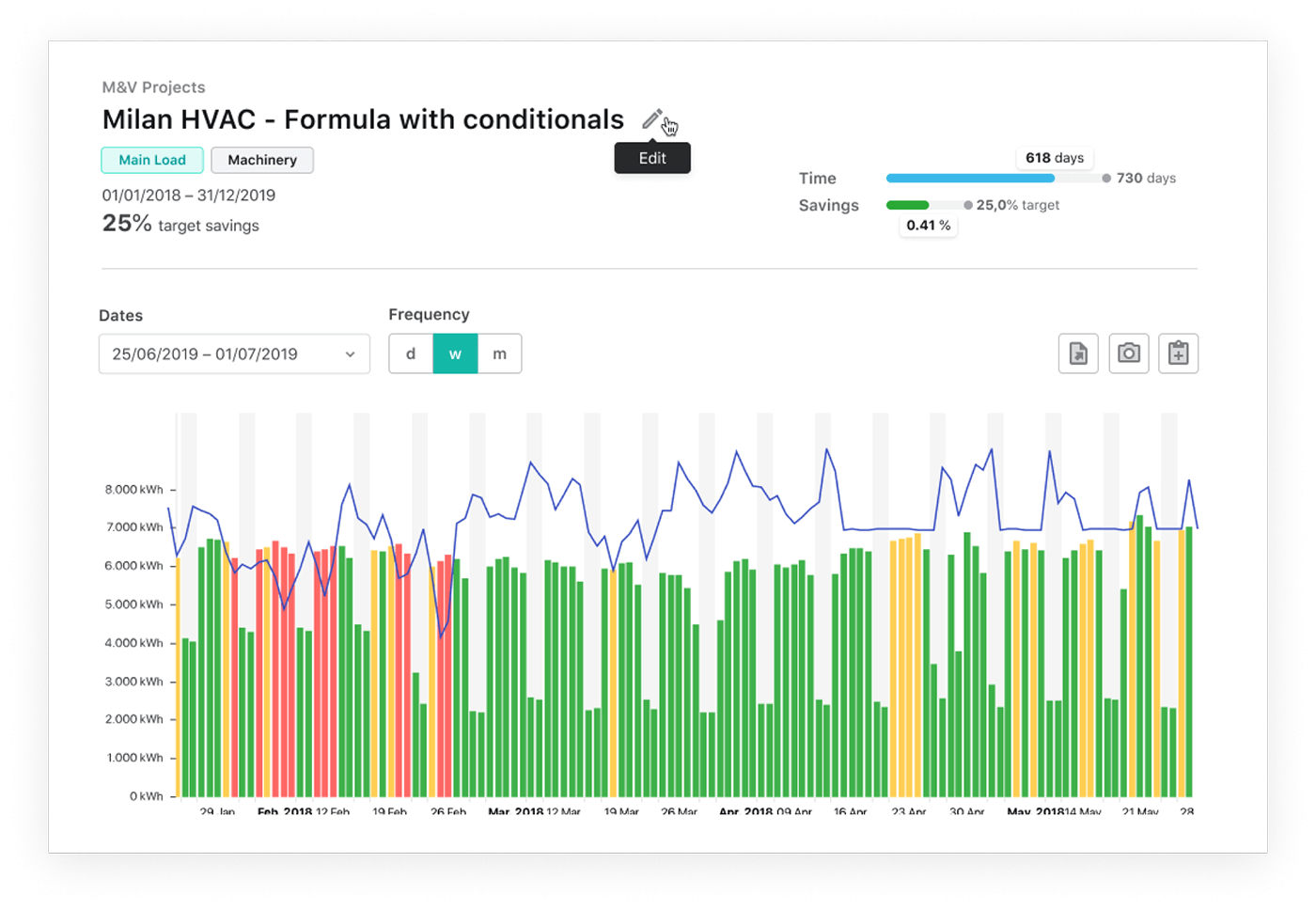
We at MindK believe that this direction in property management is very promising. We have experience in developing an Information Energy Monitoring System that helps state-owned organizations to track energy consumption and optimize spending.
By means of public API for automatic collection of data from electric and utility meters and a robust IoT module, we’ve created a strong business intelligence represented by analytical customizable reports and graphs, and assessment and comparison of energy/water consumptions (check our client’s review on Clutch).
- Streamlined communication by means of chatbots, virtual robots, and assistants. They make renter-manager-landlord communication faster and more efficient. They are able to cope with various operations from answering generic questions to even holding virtual showings.
For example, BetterBot, a conversational leasing multifamily chatbot, supports conversations that lead users to sign leases. It gives accurate real-time answers that accelerate the leasing cycle.
Source: betterbot.ai
Sure, these are only a few advantages of the trendsetting technologies that you can experience. So, analyze your business workflows and define the areas that require improvements with Artificial Intelligence, Big Data, or similar technologies.
Development your property management software with MindK
As you can see, building property management software has its peculiarities. So, if you decide to start development, try to find a tech company that has expertise and a high-qualified workforce to turn your idea into reality.
We at MindK have been building custom solutions for more than ten years and worked out best practices that help us develop products in time and within budget. To find more about our experience in real estate, explore our Real Estate Software Development Services.
